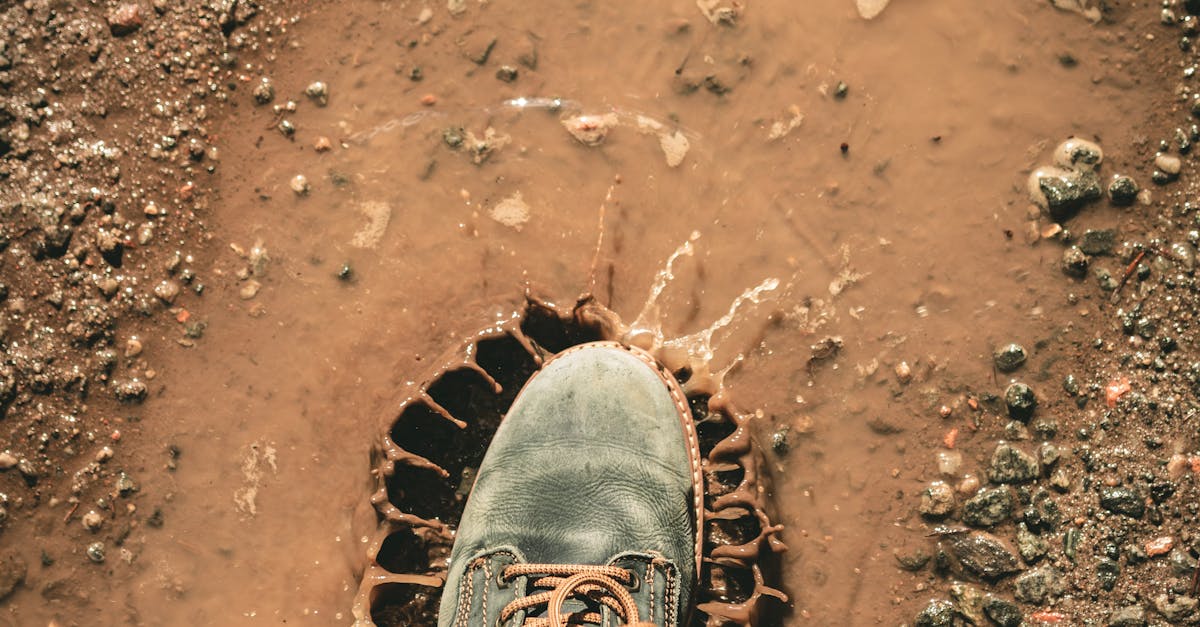
Boot Fitting
Table Of Contents
When it comes to maximizing your experience on the slopes or trails, boot fitting for improved performance is crucial. A well-fitted boot can significantly enhance comfort, stability, and control, which are all essential for achieving your best performance. Whether you are an amateur enthusiast or a seasoned athlete, understanding the importance of boot fitting can lead to more enjoyable and successful outings.
Moreover, the process of boot fitting for improved performance goes beyond just finding the right size. It encompasses a thorough customization approach that tailors the boot to the unique contours of your feet. From adjustments that accommodate individual foot shape to selecting the right type of cushioning, mastering the art of boot fitting can be the key to unlocking your full potential in any environment.
Picking the Best Footwear for Your Needs
While it comes to finding the right footwear, selecting the best footwear is crucial for maximum performance and comfort. Each need requires tailored features that will enhance your experience. For instance, if you are running, you will want footwear that provide superior support and durability, while everyday wear may prioritize fashion over technical features.
Fitting is another key aspect to think about when choosing your footwear. The ideal boot should embrace your foot without causing discomfort. Remember that the shape of feet vary greatly, so testing multiple options is recommended. Additionally, consider features such as insulation that align with your individual preferences to ensure a footwear not only fits well but also performs effectively in various conditions.
Factors to Think About When Selecting Boots
When choosing ski boots, a person must evaluate the aspects that can affect comfort. A proper dimension is crucial as it can affect your overall satisfaction on the slopes. Furthermore, foot width and volume are important factors that can substantially impact how well the ski boots function.
A vital factor to consider is the rigidity of the ski boot. Specific levels of flex can influence performance and stability when skiing. In addition, the insulation material can impact warmth and comfort throughout the day. Lastly, considering the style of the ski boot can also make a role in your overall enjoyment.
Ways to Maintain Your Boots
Good upkeep is crucial to maintain the durability of your footwear. Consistent cleansing is important for eliminating dirt, salt, and moisture that can wear down the material. Use a damp cloth to wipe down the exterior and a soft brush for any stubborn spots. After cleaning, allow your boots to dry out at room temperature, avoiding direct heat sources that can lead to cracking or warping.
Applying conditioner on leather boots might also improve their appearance and ability to repel water. Be certain to use products specifically designed for your type of boot material. Store your boots in a cool, dry place when not in use to prevent mold and mildew growth. Consider using boot trees or stuff them with newspaper to help maintain their shape. Adhering to these simple practices will help keep your boots looking great and performing well for years to come.
Effective Practices for Maintaining Ski Boots
For extend the durability of your boots, proper care is essential. Commence by cleaning the boots after each use. Utilize a soft brush to remove dirt and debris while ensuring you do not damage the material. Once cleaning, allow the boots to dry out away from direct heat sources. Such helps maintain the shape and integrity of the materials. Additionally, applying a protective treatment can help ensure the boots protected from moisture and stains.
Consistent inspections of the boots are crucial for spotting any signs of wear and tear. Examine the soles for any damage or excessive wear, as well as the laces for fraying. Swapping worn-out components promptly can help avoid larger issues down the line. Storing your boots in a cool, dry place when not in use helps prevent mold and mildew. Implementing boot trees or stuffing them with newspaper can help maintain their shape and absorb excess moisture. Such practices ensure your boots remain supportive and ready for your next adventure.
Advanced Methods in Boot Fitting
In recent years, the art of boot fitting has transformed with modern techniques. 3D scanning is a game changer in achieving a tailored fit. This enables fitters to capture the exact shape of a user's foot, which provides that each contour is addressed. Additionally, thermal liners are another advanced method that improves comfort and performance.
An additional approach that demonstrates the advancements in boot fitting is the use of personalized insoles. Through advanced materials and engineering, tailor-made insoles provide support that corresponds with the unique anatomy of an individual's foot. This fusion of state-of-the-art solutions guarantees that all skier or snowboarder can enjoy a comfortable fit, resulting to better performance and reduced fatigue. As these modern technologies, the future of boot fitting appears exciting.
Understanding Impact of Technology on Ski Boot Fitting
Technology has changed how we approach boot fitting in recent years. With 3D scanning, fitters can produce tailored models of individuals' feet. This permits for personalized fittings that guarantee comfort and performance on the slopes, in the end enhancing the overall skiing experience.
Furthermore, new technologies in materials have contributed to the development of lighter and more flexible boot designs. These improvements not only enhance comfort but also facilitate skiers to have greater control and responsiveness. As these innovative solutions, boot fitting industry continues to progress, making it more efficient for skiers to find the perfect fit.